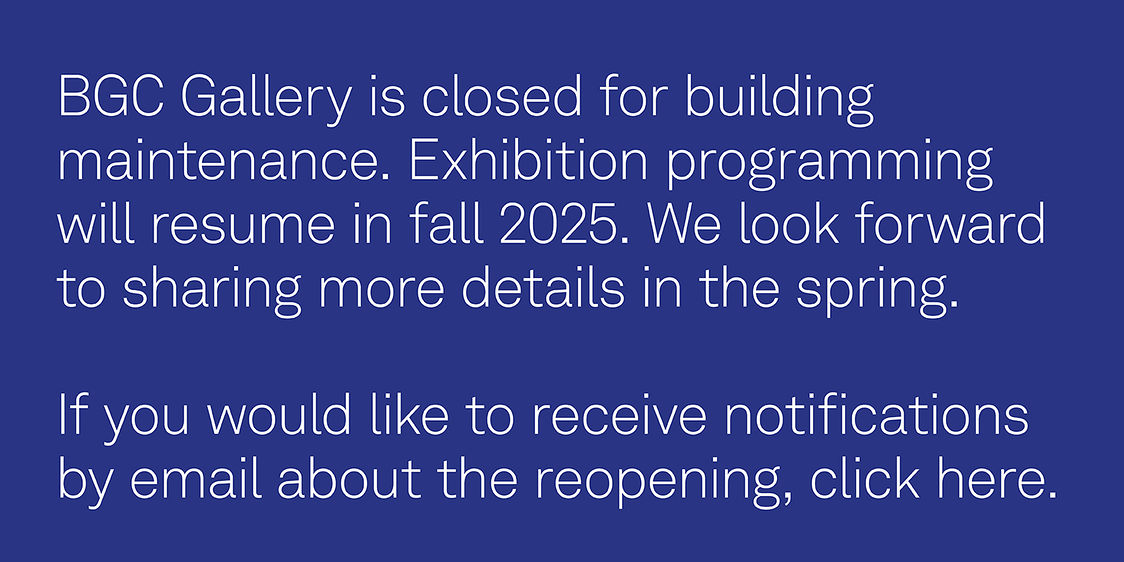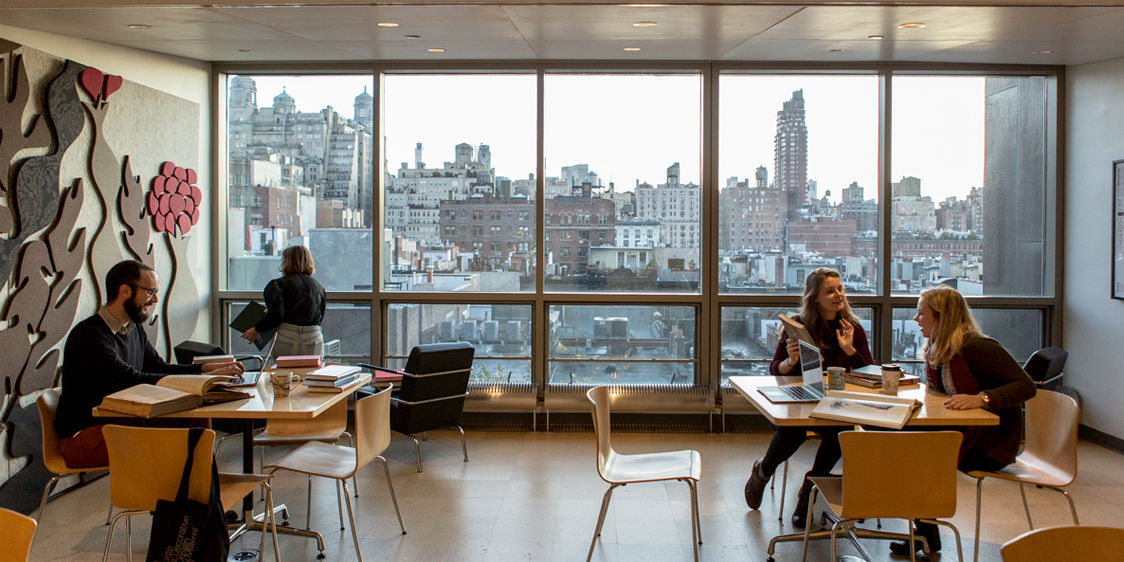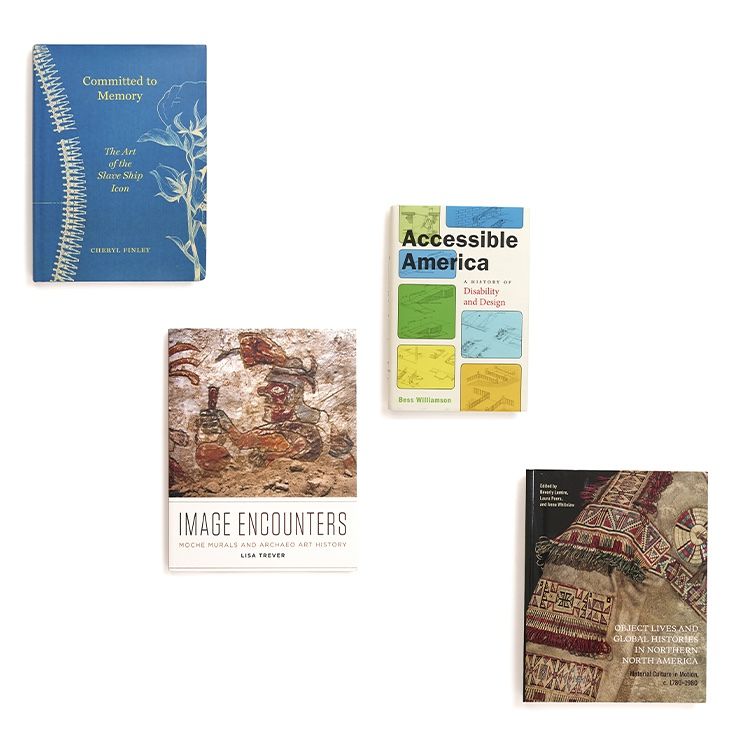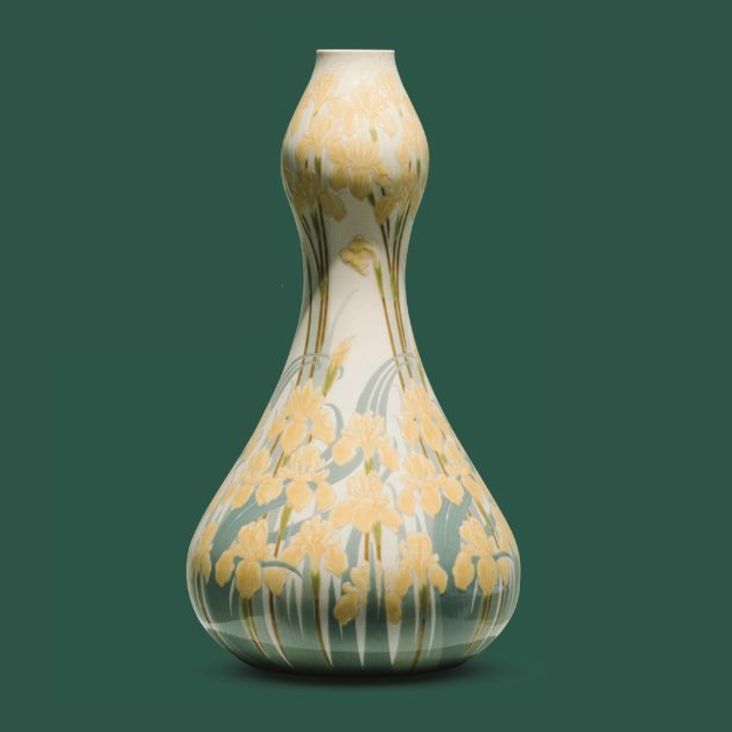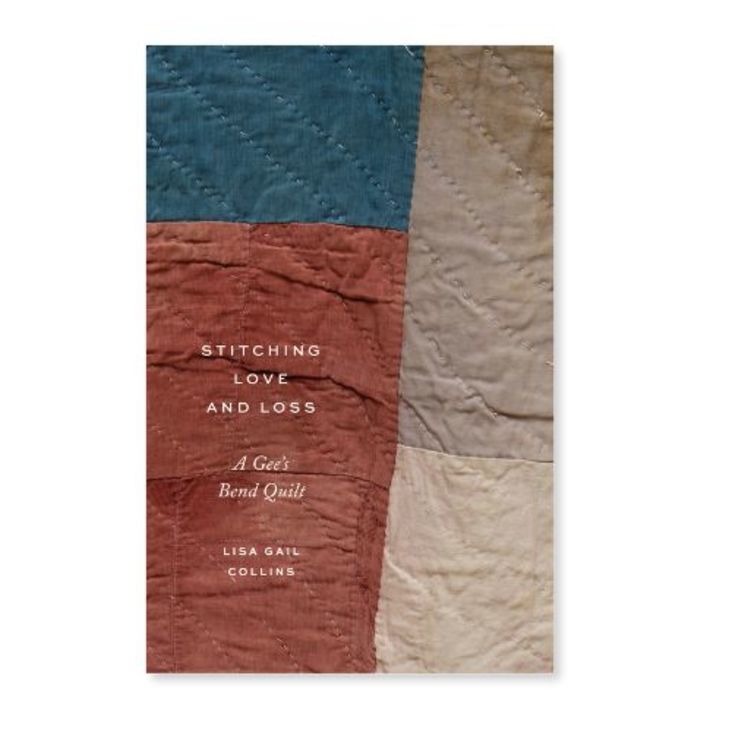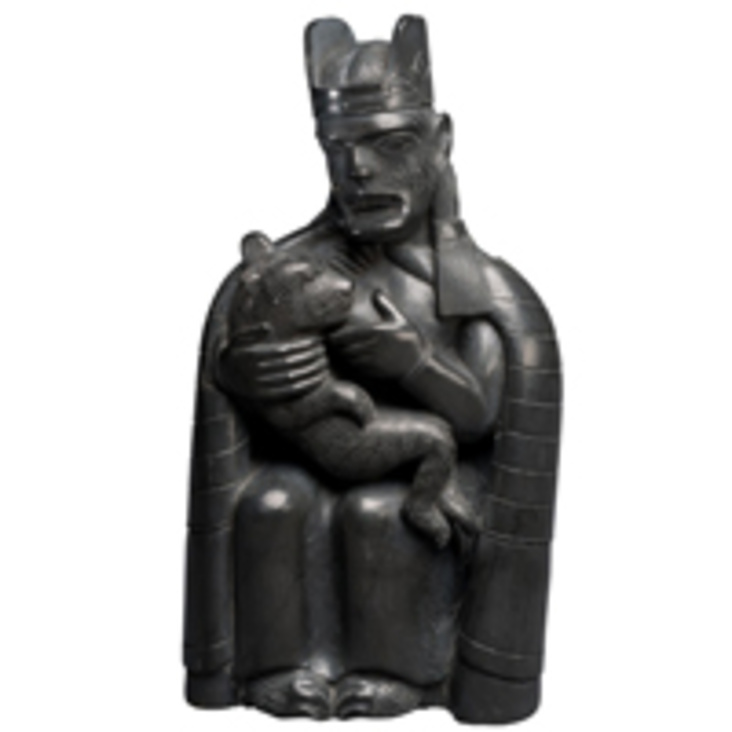This symposium marks the opening of The Story Box, a BGC Focus Exhibition that examines the hidden histories and complex legacies of one of the most influential books in the field of anthropology: Franz Boas’s The Social Organization and the Secret Societies of the Kwakiutl Indians (1897). The collaborative product of Boas’s own observations and extensive materials authored by his long-time Indigenous co-worker George Hunt, the text was the first systematic attempt to document all sociocultural, spiritual, and aesthetic aspects of a spectacular Native North American ceremonial structure. A pioneering achievement on many levels—not least in its use of “new” media for ethnographic representation—it was the immediate inspiration for subsequent books, images, and museum displays, and has been the subject of an ever-lengthening list of secondary literature.
Yet few readers realize the conditions under which the book was produced, which include the scramble for Northwest Coast collections, the Canadian prohibition of the potlatch, and the participation of Kwakwa̱ka̱’wakw in the 1893 World’s Columbian Exposition. This exhibit and symposium contribute to a collaborative project to reassemble globally distributed collections and fragmented archives, illuminate the book’s history, and return long-dormant knowledge to the Indigenous families whose patrimony is represented in it. Speakers include project team members who will discuss the primary media utilized by Boas and Hunt (museum objects, texts, photographs, and wax cylinder recordings), the main sites for their ethnographic recording (fieldwork in British Columbia, the Chicago World’s Fair, and museums in North America and Europe), and the legacy of the book in Kwakwa̱ka̱’wakw communities.
1:30 pm
Peter Miller
Bard Graduate Center
Welcome
Chief William Cranmer
U’mista Cultural Society
Welcome
Aaron Glass
Bard Graduate Center
Introduction
2 pm
Judith Berman
University of Victoria
George Hunt, the Chicago World’s Fair Troupe, and the Hidden Sources of Social Organization
2:20 pm
Aaron Glass
Bard Graduate Center
Museum Collections and Boas’s Anthropology of Art
2:40 pm
Ira Jacknis
Phoebe A. Hearst Museum of Anthropology, University of California, Berkeley
Picture Worlds: Franz Boas and the Creation of Illustrated Ethnography
3 pm
Rainer Hatoum
Goethe University
Making Sense of the Dispersed: Boas’s Kwakwa̱ka̱’wakw “Field” Notes and Music Records
3:20 pm
Coffee break
3:50 pm
Andy Everson
Artist and Community Researcher, Comox, BC
A Book of Treasures: Utilizing Hunt-Boas Texts in the Contemporary Kwakwa̱ka̱’wakw Potlatch
4:10 pm
Corrine Hunt
Designer-Komoyue, Fort Rupert, BC
What Makes ‘Indians’ So Interesting to ‘White’ People?
4:30 pm
Barbara Kirshenblatt-Gimblett
POLIN Museum of the History of Polish Jews
Keynote Discussant
5 pm
Panel Discussion
5:30 pm
Reception


